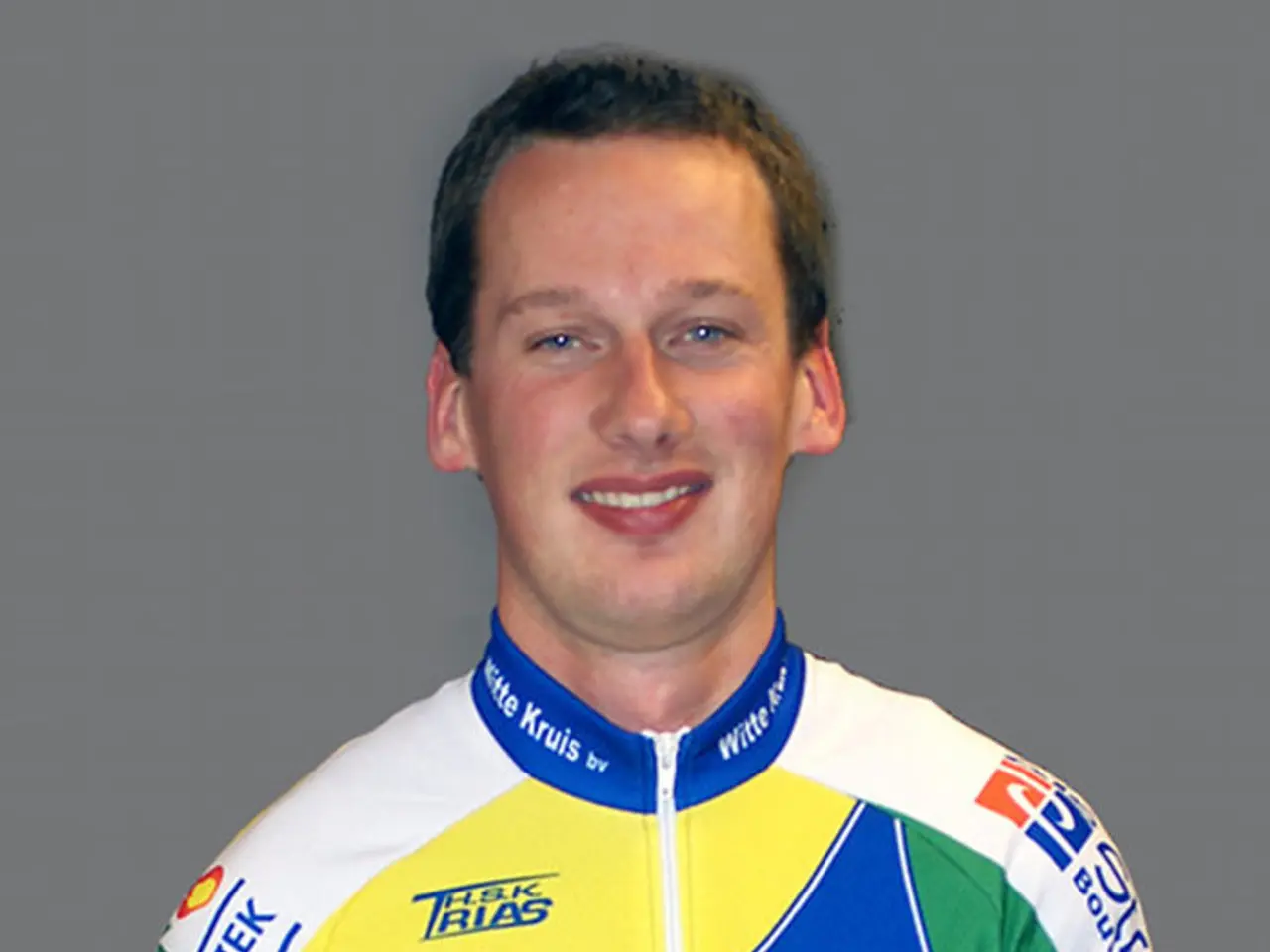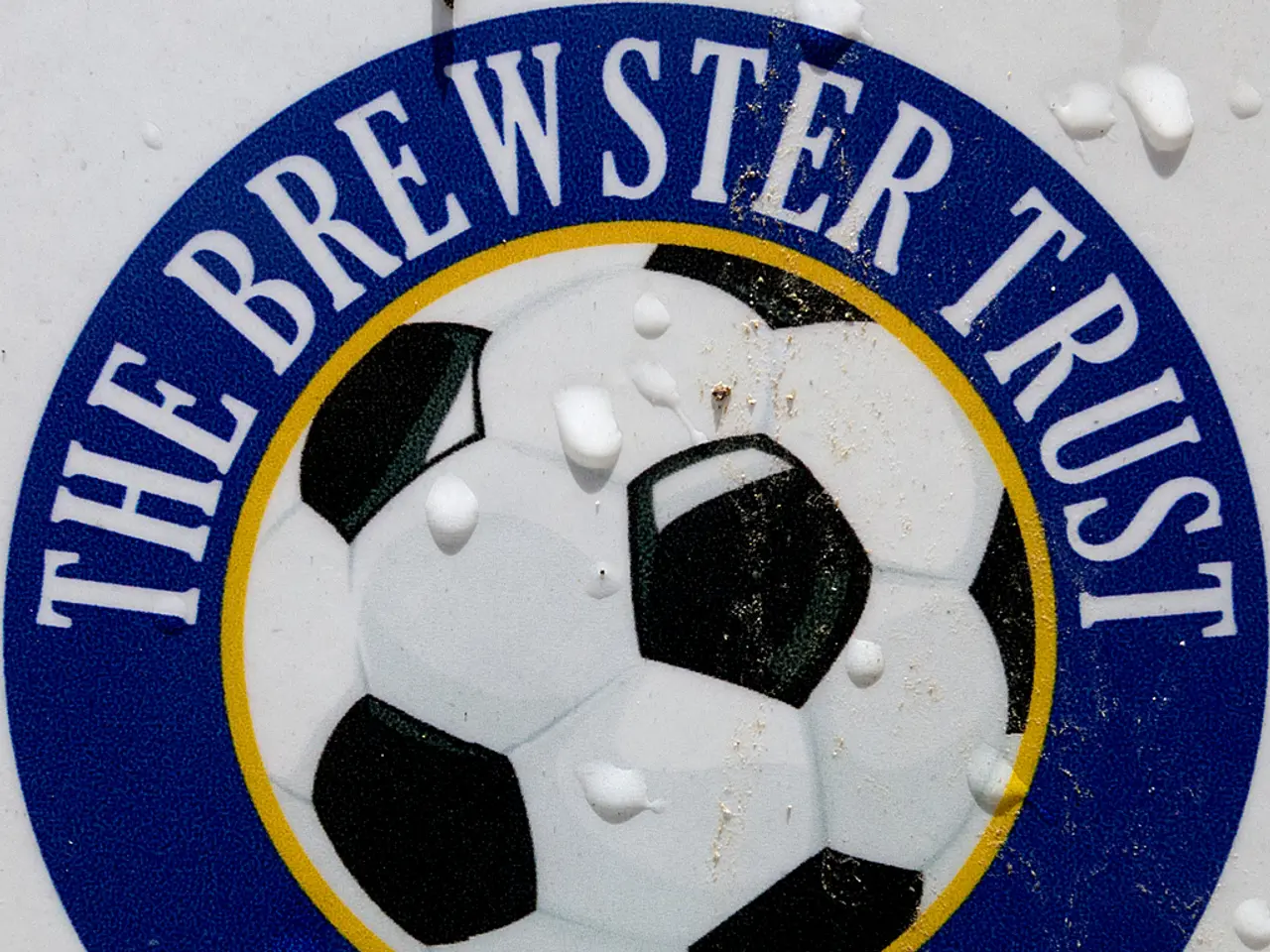Advocacy Group Petitions Minister: Coalition Urges Staged restriction on promotions by sports betting franchises
In the heart of Europe, Germany maintains a complex and restrictive regulatory environment for gambling and sports betting advertising. This environment, however, is undergoing significant discussions and changes.
Recent developments have seen the European Gaming and Betting Association (EGBA) voice criticism against a complete ban on gambling advertising, citing potential promotion of the black market. On the other hand, the Alliance Against Sports Betting Advertisement has called for stricter restrictions, hinting at politics that other countries have taken a stricter path with their gambling advertising guidelines.
The second phase of proposed changes aims to extend advertising-free time for gambling from 21 o'clock to 23 o'clock, a move designed to better protect children and young people. This is part of an effort to align the framework conditions for sports betting advertising with those of other gambling games.
Notably, Germany legalized online gambling in 2021 but imposed some of the world’s most stringent regulations, including limits on player deposits and gameplay features. These restrictions contribute to a cautious regulatory approach toward gambling advertising.
In early 2025, German courts have influenced regulatory authority by upholding rulings denying legal powers to the Joint Gambling Authority of the Länder (GGL), which might delay or complicate efforts to reform gambling oversight and advertising regulation ahead of a 2026 treaty deadline.
The Alliance Against Sports Betting Advertisement has expressed dissatisfaction with the advertising regulations of the State Treaty on Gaming 2021, deeming them inconsistent. The ultimate goal is to permanently prohibit gambling advertising on television, the internet, radio, and in stadiums.
The first phase of the proposed changes would subject advertising for virtual slot machines, casino games, and poker to stricter restrictions than sports betting offers. Notably, Ulrich Maurer, Bremen's interior senator, also supports a ban on sports betting advertising.
The issue of gambling advertising regulations is seen as very controversial both politically and in the media. The Alliance Against Sports Betting Advertisement did not express a clear position on whether a ban on gambling advertising is sensible. Burkhard Blienert, the federal government's drug commissioner, is a strong advocate for a ban on sports betting advertising.
As of mid-2025, it remains unclear how politics will react to these calls and whether a goal-oriented discussion will develop. The ongoing treaty reforms and regulatory court rulings are active areas that could impact advertising regulations in the near future.
- In light of the ongoing discussions and treaty reforms, one might anticipate a shift in Germany's stance towards online casinos in Germany, potentially leading to less restrictive advertising policies.
- Amidst the calls for stricter regulations on sports betting advertising, there remains debate about whether to extend these restrictions to other forms of casino-and-gambling advertising, such as sports-betting, online casinos in Germany, and poker.




